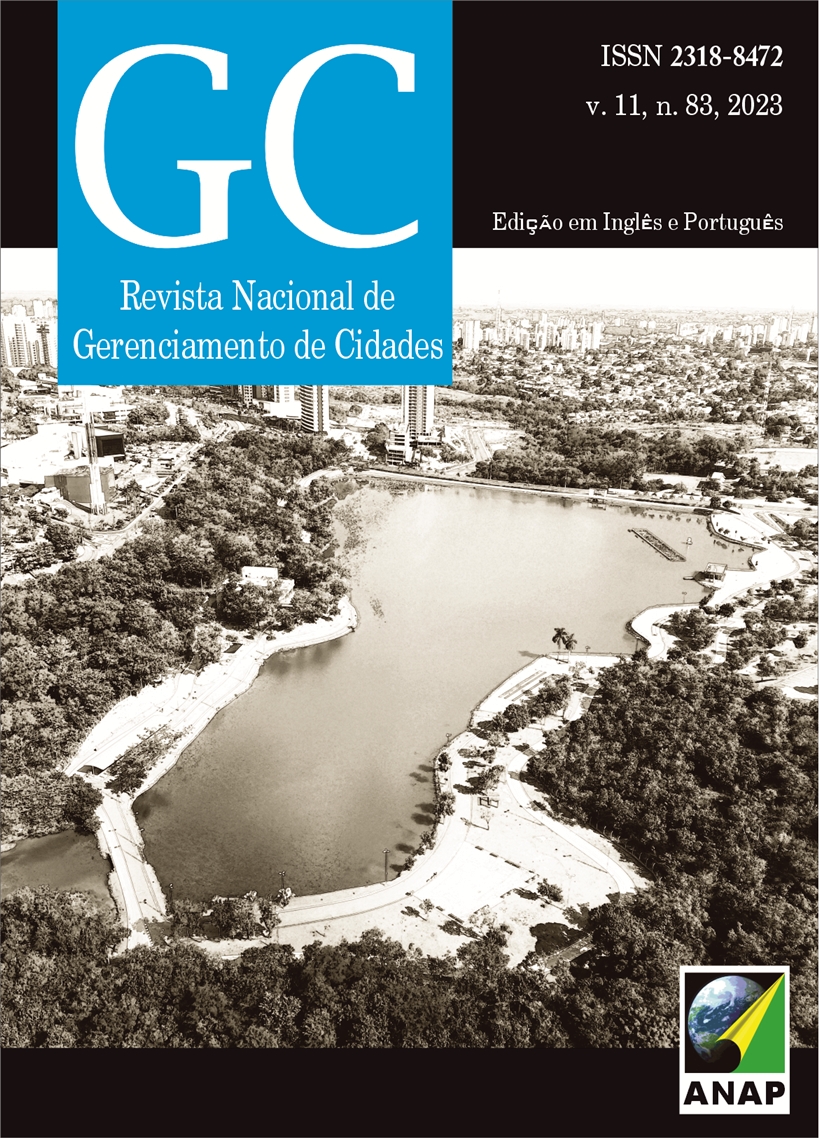Infection Risk Self-Perception and the use of Central Squares in Santa Maria City during the Omicron Variant period of dissemination.
DOI:
https://doi.org/10.17271/23188472118320233739Palabras clave:
Public Squares. Risk perception. Covid-19.Resumen
The present research investigated the effects of the Covid-19 pandemic, during the period of dissemination of the Ômicron strain (12/09/21 to 04/01/22), in relation to the use of public spaces. The object of study was the public squares: Saldanha Marinho, João Pedro Menna Barreto and Praça General Osório, all in the central region of Santa Maria - RS. The research used an online questionnaire, divided into four sections that presented questions about the following items: ways of using the squares, characterization of users, uses and frequency and perceptions regarding the environment. As a result, an overview of public squares use and the perceptions of its users during the researched period of the pandemic is presented. The information collected may help researchers, urban planners, and public managers to understand how the population used plazas and which factors significantly interfered with their routines during the pandemic, thus being able to better prepare for future situations similar to those experienced during the Covid-19 pandemic.
Descargas
Descargas
Publicado
Número
Sección
Licencia

Esta obra está bajo una licencia internacional Creative Commons Atribución-NoComercial-CompartirIgual 4.0.














